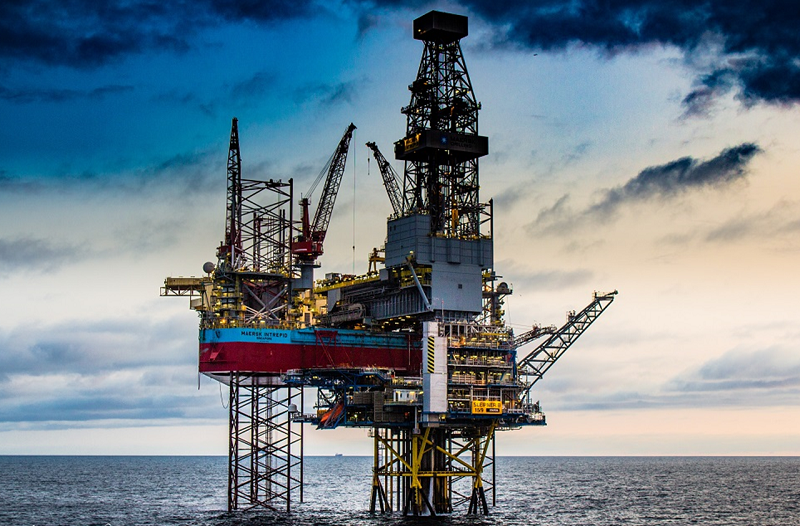
Danish rig operator Maersk Drilling plans to convert the Maersk Intrepid platform into the first hybrid, low-emission offshore rig.
The Maersk Intrepid is an ultra-harsh environment rig, built in 2014 and currently contracted to Equinor for operational support on the Martin Linge field offshore Norway.
Maersk Drilling plans to reduce NOx and CO2 emissions on the Maersk Intrepid through a series of upgrades, with the first expected to be completed in July 2019. They include the installation of batteries, energy emission efficiency software to monitor energy use, and selective catalytic reduction systems to capture NOx exhausts.
The company plans to fully implement all the low-emission upgrades by the end of 2019 and will use lessons learned from the Maersk Intrepid conversion to evaluate how to proceed with emissions reductions across its offshore portfolio.
Maersk CCIO Morten Kelstrup said: “The Maersk Intrepid project is the result of asking a simple yet challenging question: What would be the most efficient technological approach to minimising emissions from a rig in the short term?
“The resulting ideas have been very positively received by Equinor and will contribute to Equinor’s long-term emission targets.
“It should be noted that the upgrades will not only produce a low-emission profile for the rig; they will also result in cost savings for our customer due to lower energy consumption, so this is business and low-emission targets working hand in hand.”
The company has successfully applied for project funding through the Norwegian NOx Fund, which is contributing a grant of up to 80% of the project costs.
NOx Fund general manager Tommy Johnsen said: “The NOx Fund has requested these types of emission reduction projects for a long time, and finally they are being realised.
“Here Maersk Drilling takes the lead by showing that cost-efficient measures to significantly reduce NOx can be combined with reduced CO2 emissions and improved fuel efficiency.
“Hopefully we will see more of these and similar solutions on board rigs going forward.”



